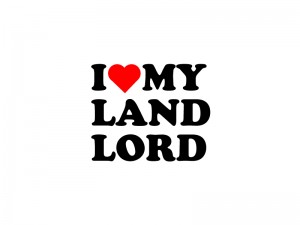5 Mortgage Rules You Must Know No. 3 Is Very Important!
It always helps to know your way around mortgages. You are most probably going to need it sooner or later so knowing the fundamentals and basics of mortgages will hold you in good stead in the future.
Definition Of A Mortgage
A mortgage basically means getting a loan to buy a property. The means of acquiring a mortgage depends on your income, credit ratings among other things.
#1. Know your fixed costs.
Before deciding on how much to spend on your mortgage you should first of all put into consideration your true fixed costs and habits. Stuff like food, student loans, car payments and other basic necessities are your fixed costs. You should therefore not spend an amount on mortgages that is going to in anyway affect those fixed costs.
#2. Be PITH safe.
According to the CHMC (Canadian housing and Mortgage Corporation), your monthly housing costs should be less than 32% of your gross monthly income. This is what constitutes your PITH (Principle and interest, Property Tax, and Heating bills. So it is always important to make sure you PITH safe when making mortgage decisions.
#3. Mortgage Affordability.
After fulfilling the PITH criteria the next thing is to make sure that your entire monthly debt load like your car payments, student loan, credit card debt etc. should be less than 40% of your gross monthly income. There is even a Mortgage affordability calculator on the CMHC website.
#4. Paying Off Your Mortgage.
After you have been successfully approved of a mortgage and you buy a home, then you need to start laying down a plan of how to pay back the loan. You then need to consider things like the interest rate and the payment schedule (monthly, twice a month, weekly or bi-weekly) and the amortization period (the agreed period of time to pay back the mortgage) which usually ranges from 15-25 years.
#5. Choosing the right interest rate.
You should also choose interest rates depending on your needs. There are two different types of interest rates- fixed interest rate and variable interest rates. With the fixed interest rate you are charged to pay fixed amount across the term of the mortgage. It is usually higher than the variable but some people still prefer it because they deem it more stable. With the variable interest rate however, the interest rate tends to fluctuate with the market situation. So you can sometimes pay really high rates or really low interest rates all depending on the current market affairs. So if you are someone that likes to speculate, then the variable interest rate is for you.
Finally, finding the best mortgage for you can sometimes be a very daunting process. As we all would like to acquire a house one way or the other, it is a process we have to go through. But luckily we now have resources at our disposal that can make a seemingly hard process a smooth one.




